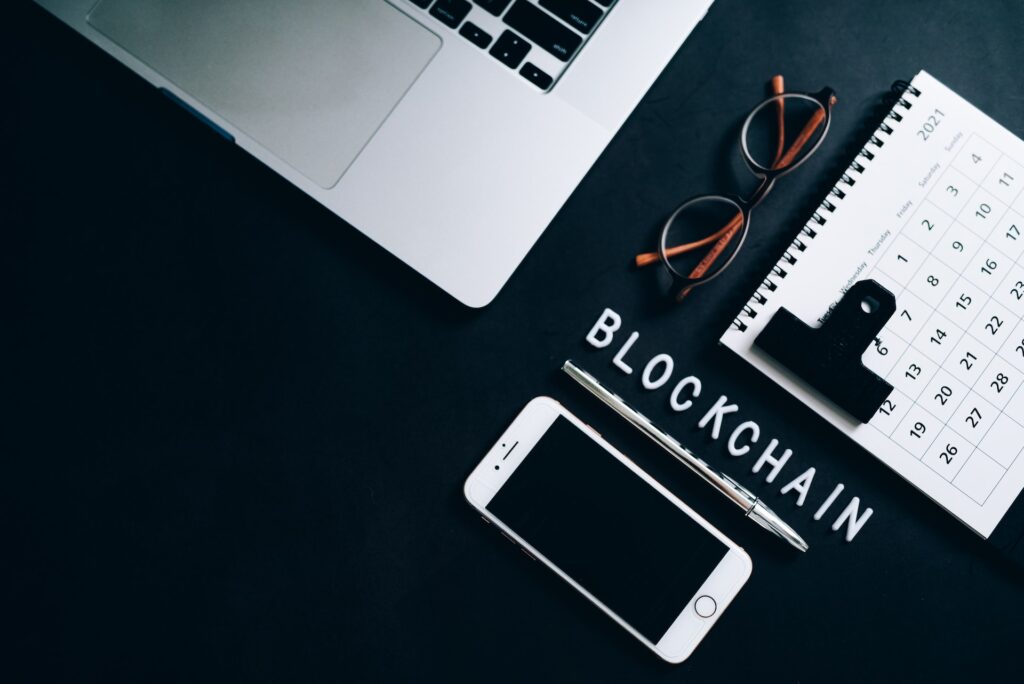The Complete Guide to Blockchain QA Services and How They are Disrupting Quality Assurance

Blockchain projects require a lot of quality testing because they promise users security, anonymity, speed, and uptime without them. Without ensuring the security of these features, blockchain projects would not have the trust of their customers and would be ruined.
Especially when it comes to big money or information, quality is everything.Developers must create software that captivates users and makes their daily lives less difficult. All the while creating interfaces that are pleasing to use. The more attractive your UI/UX is, the easier success will be in your business endeavor.
We have prepared a checklist of the most important things to test when creating blockchain products. Working with the development and testing teams to create automated tests is beneficial in a lot of ways.
The advent of blockchain technology has created a whole new world where trust is at the center. It is not only efficient and quick but also creates an opportunity for businesses to grow even faster and smarter than before.
Blockchain has been around for a while, but it recently became more mainstream. Now, using blockchain has led to the appearance of “quality assurance” known as “QA for Blockchain.” This new technology is changing the way businesses conduct their operations. Welcome to our introduction guide regarding the evolution of QA for Blockchain and its impact on the industry. The article is a comprehensive overview of what you can expect to learn and the different problems that could be solved by this approach.
What is a Blockchain QA Service?
Blockchain is a decentralized platform for digital transactions that can also be programmed to execute smart contracts. A blockchain qa services is an application which scans and verifies the quality of smart contracts on the blockchain. It helps in eliminating bugs, loopholes and vulnerabilities in these smart contracts before they are released to the public.
The service also provides code reviews and security audits of these smart contracts to make sure they are safe for use by both enterprises and consumers.
Blockchain is a decentralized ledger that is managed by a peer-to-peer network of computers. It is created through a process called “mining” where new blocks are added to the chain, which can be thought of as an ever-growing list of records.
Blockchain QA service providers are businesses that offer blockchain auditing services for blockchain projects. They help companies and individuals conduct due diligence on their blockchain projects and ensure that they are adhering to the best practices in terms of security, governance, and compliance.
How Blockchain QA Services can Help
Blockchain QA Services are a new type of services that help enterprises test and improve their blockchain-related projects. They help companies to validate the performance of their distributed ledger and digital currency project.
The blockchain QA service is a decentralized network which helps enterprises to test, improve, and build their blockchain-related products. It is basically a decentralized network of experts in the field who are willing to provide services like testing, review, and consulting for companies who want to implement Blockchain technologies in their business.
Blockchain QA Services and the Challenges of Automation Testing-
Blockchain is a decentralized ledger that allows for secure and transparent transactions. This technology has the potential to change the way we operate as a society, but it also presents some challenges.
Case studies by Savarian is automation testing. Blockchain is a distributed database and it’s not possible to test everything manually, which means there needs to be some kind of automation in place.
QA services are one solution to this problem, but they have their own challenges too. There are two main types of QA services: manual and automated QA services. The manual service is where experts manually test the product or service on their own while automated QA services use software tools that automatically perform testing tasks with limited human involvement.
There are several factors that make automated testing difficult in blockchain projects – the immutability of blockchain transactions, lack of trust between parties involved, and non-deterministic environments.





